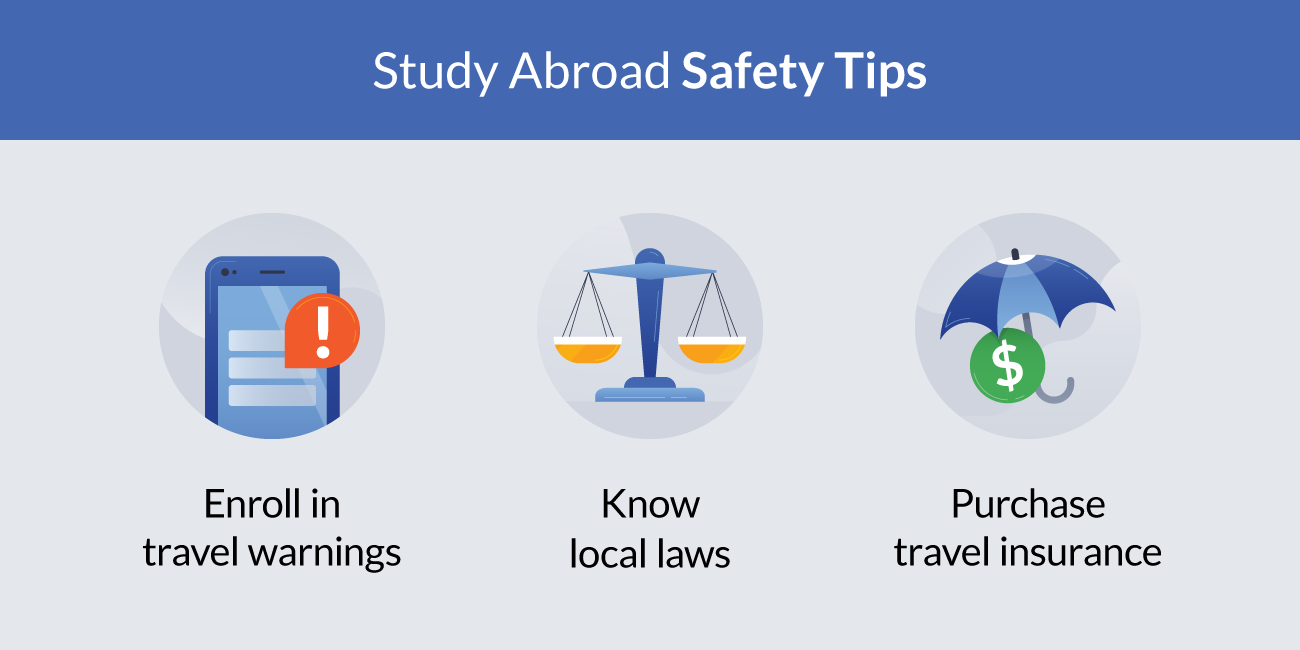Traveling as a student offers the opportunity to explore new cultures, meet new people, and gain life-changing experiences. However, while traveling, it’s important to prioritize your safety. Here are some essential tips on how to stay safe while traveling as a student.
1. Research Your Destination
Before traveling, thoroughly research your destination. This includes understanding local customs, language, laws, and areas that may not be safe for tourists. Familiarize yourself with emergency contacts, such as the local embassy, police, and hospitals.
Key points to research:
- Crime rates
- Common scams targeting tourists
- Public transportation options
- Cultural norms
2. Stay Connected
Always let someone know where you are. This could be a family member, friend, or someone you trust back home. Sharing your itinerary and updating them about your location regularly can be a safety net in case something goes wrong.
Tools to stay connected:
- Use apps like Google Maps for location sharing
- Keep your phone charged and consider carrying a portable charger
- Regularly check in with loved ones via text or social media
3. Travel Light and Secure
When traveling, pack only what you need. Carrying too many valuables not only adds stress but also makes you a target for theft. Use a secure, anti-theft backpack or money belt to store essentials like your passport, cash, and credit cards.
Packing tips:
- Avoid displaying expensive items, such as jewelry or electronics
- Store important documents and money in separate places
- Use luggage locks and keep an eye on your belongings, especially in crowded areas
4. Blend In with the Locals
Standing out as a tourist can make you a target for scams or theft. Try to blend in by dressing modestly, learning basic local phrases, and avoiding overly touristy behavior. Being aware of your surroundings is key to avoiding unwanted attention.
Ways to blend in:
- Learn a few local customs and greetings
- Wear clothing that matches the local culture
- Walk confidently and avoid looking lost in public places
5. Use Trusted Transportation Options
Avoid unsafe or unregulated transportation. Stick to trusted methods of travel like public transportation or ride-sharing apps with verified drivers. When using taxis or rideshares, always confirm the vehicle’s license plate and driver’s identity before getting in.
Safe transportation tips:
- Research local public transport options and schedules
- Download reliable ride-hailing apps (like Uber or Lyft) beforehand
- Avoid traveling alone at night, if possible
6. Stay in Safe Accommodations
Choose accommodations that are reputable and secure. Consider staying in hotels, hostels, or vacation rentals that have good reviews. Always lock your door and windows, and use any available safes to store valuables.
Accommodation safety checklist:
- Read online reviews before booking
- Check for safety features like secure locks and 24-hour reception
- Avoid sharing accommodation details with strangers
7. Be Cautious with Your Finances
While traveling, be careful with how you manage your finances. Use a combination of cash and credit cards, and avoid carrying large amounts of cash. Use ATMs in secure, well-lit areas and keep an eye on your account for any suspicious activity.
Financial safety tips:
- Use travel-friendly credit cards with fraud protection
- Store cash and cards in different places
- Notify your bank of your travel plans to prevent your cards from being frozen
8. Avoid Risky Situations
No matter how tempting certain experiences might be, avoiding risky activities can ensure your safety. This includes walking alone at night in unfamiliar areas, accepting drinks from strangers, or participating in illegal activities.
Ways to minimize risks:
- Stick to well-lit, populated areas, especially after dark
- Avoid sharing too much personal information with strangers
- Travel with a friend or in a group whenever possible
9. Know Emergency Protocols
It’s important to know what to do in case of an emergency. Keep emergency numbers handy and be aware of your embassy’s contact information in case of lost documents, accidents, or other emergencies.
Emergency preparedness tips:
- Save local emergency contacts on your phone
- Keep a copy of important documents, like your passport, both digitally and physically
- Know the location of nearby hospitals or medical facilities
10. Trust Your Instincts
Your instincts are your best guide when traveling. If a situation feels off or makes you uncomfortable, trust that feeling and remove yourself from it immediately. Being overly cautious is better than ignoring warning signs.
Final thoughts:
- Stay aware of your surroundings
- Don’t be afraid to ask for help if you feel unsafe
- Trust your gut when deciding on travel plans or interactions
Conclusion
Staying safe while traveling as a student requires preparation and awareness. By following these safety tips, you can enjoy your travels while minimizing risks and ensuring a positive, enriching experience. Remember, the key to a safe journey is being informed, cautious, and alert at all times.
